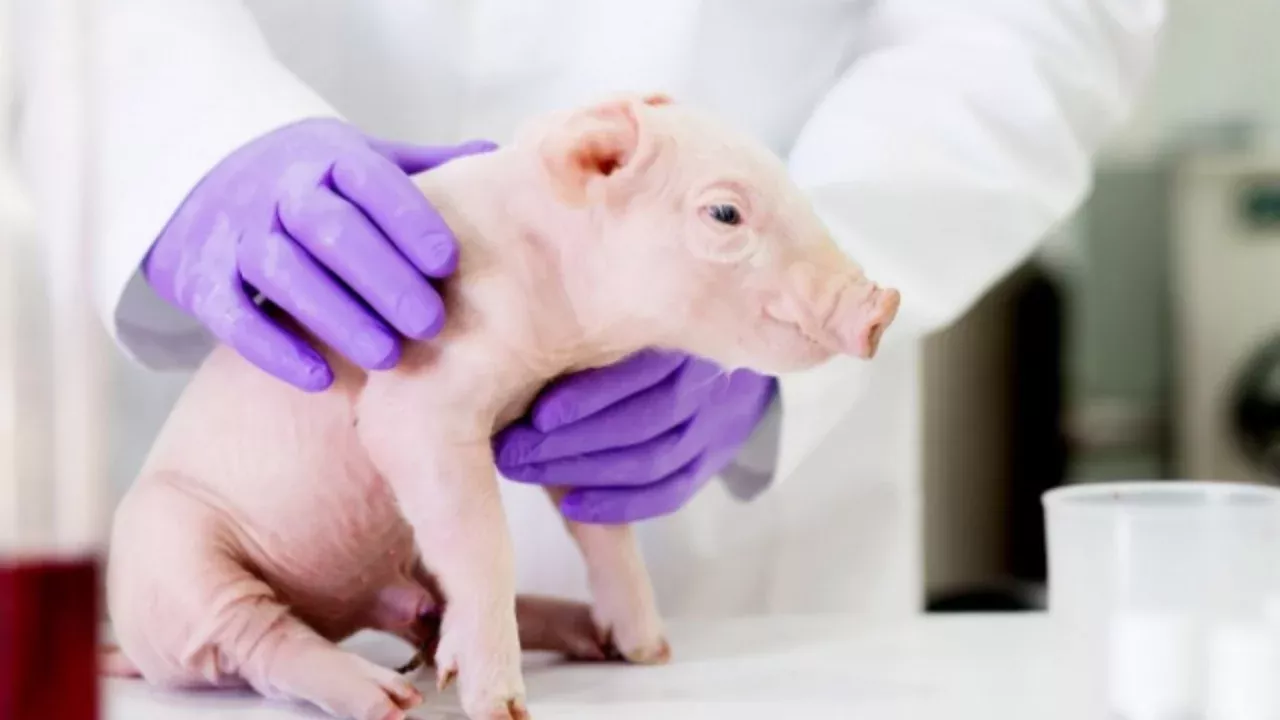Japan transplants organs from cloned pigs

Japan is stepping into a new and significant phase in the field of medicine. This was reported by Zamin.uz.
The startup named PorMedTec plans to cultivate specially cloned pigs for the purpose of organ transplantation to humans by 2027. This was reported by the “Nikkei Asia” publication.
PorMedTec company, in collaboration with the US biotechnology company eGenesis, creates genetic copies using cells from ordinary pigs. During the process, the pigs' DNA is modified to reduce the likelihood of rejection by the human body.
Within the project framework, a special farm will be built in Osaka city. This farm is planned to raise at least 100 cloned pigs annually.
Once the animals have grown sufficiently, their organs will be sent to medical centers for transplantation. The farm will be equipped with modern technologies.
Through surveillance cameras with artificial intelligence systems, the pigs' temperature, movement, and health will be continuously monitored. Analysts believe that pig organs are very close to human organs in terms of size and structure, and in the future, they may become an important source for replacing human organs.
In February 2023, Meiji University and eGenesis company announced that they had created three cloned pigs in Japan for the first time for human organ transplantation. Later, in November of the same year, Japanese scientists successfully transplanted a pig kidney into a monkey.
The PorMedTec project was launched in 2017 by Meiji University, with the main goal of creating new biomaterials in the field of regenerative medicine and contributing to the development of global medicine. Meanwhile, recently Chinese scientists conducted the world's first experiment of transplanting a pig lung into a human.
This success was achieved at a medical center in Guangzhou city. The animal genes were modified using CRISPR technology, with six genes edited.
Scientists believe that such scientific experiments will play an important role in solving the problem of donor organ shortages in the future and will expand the possibilities of saving human lives.







